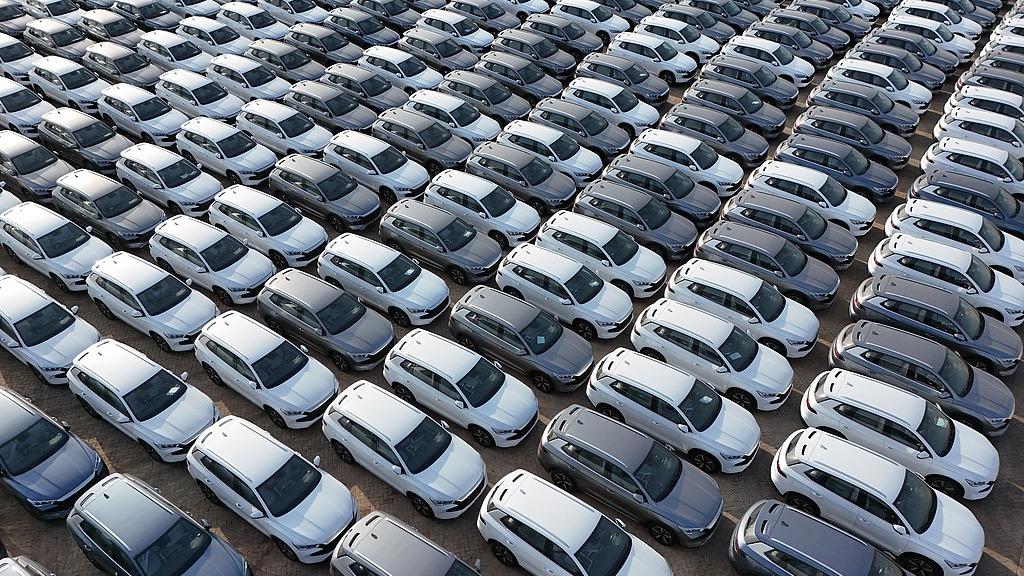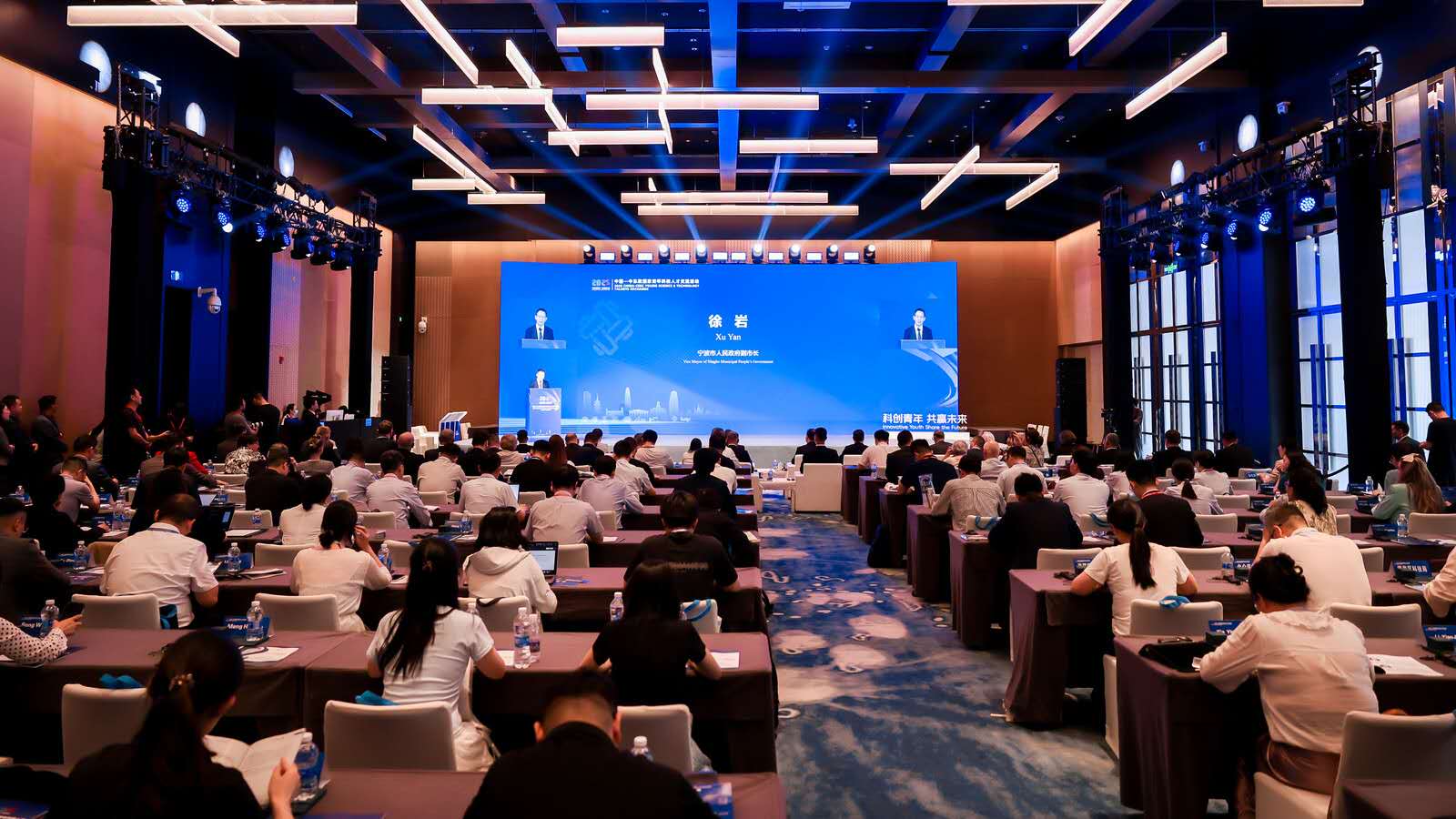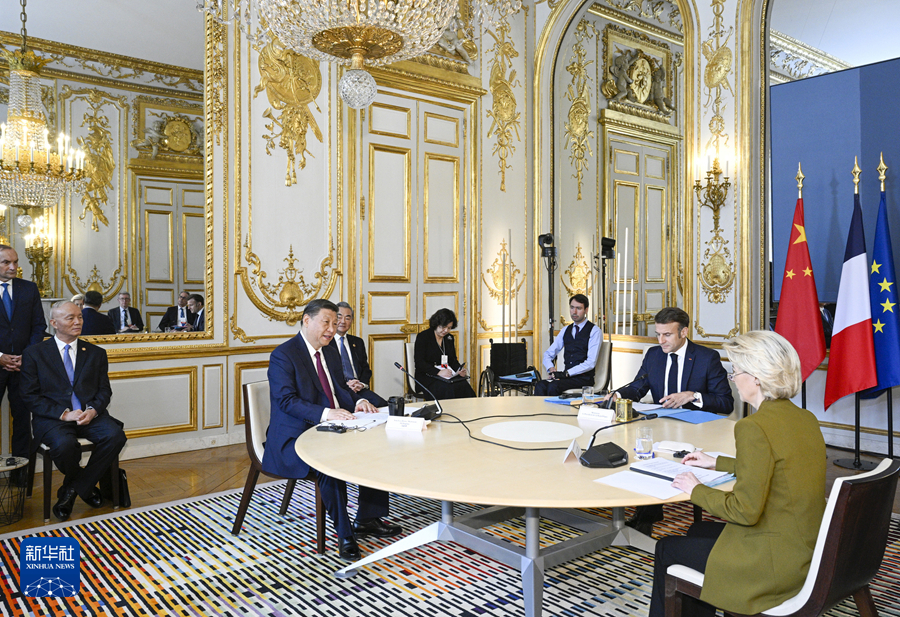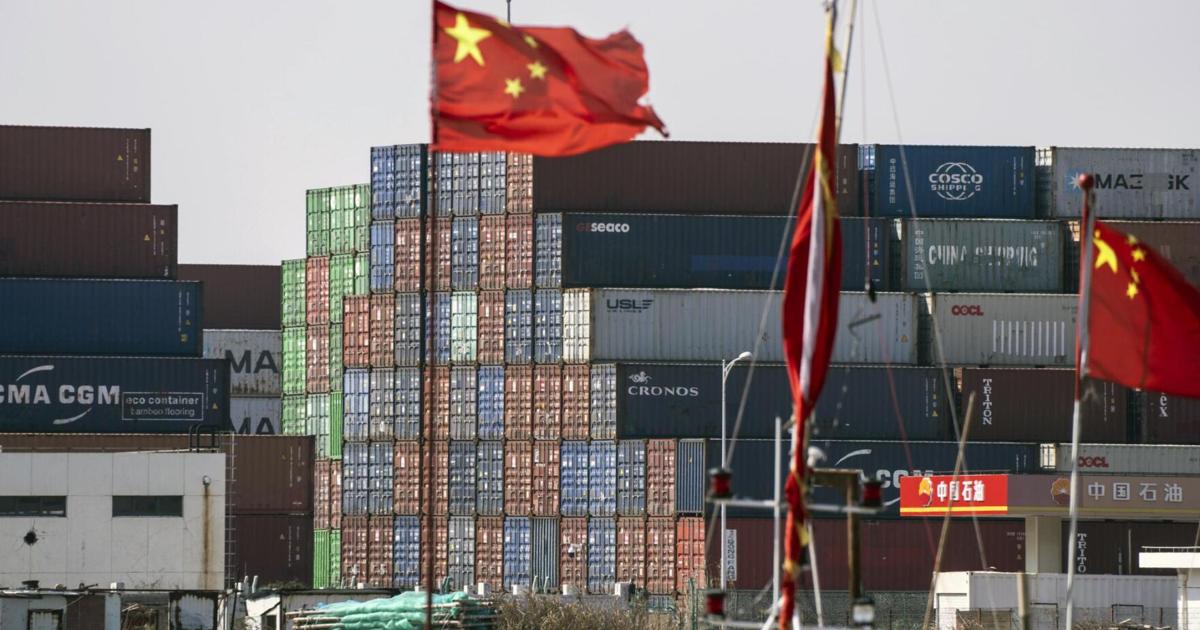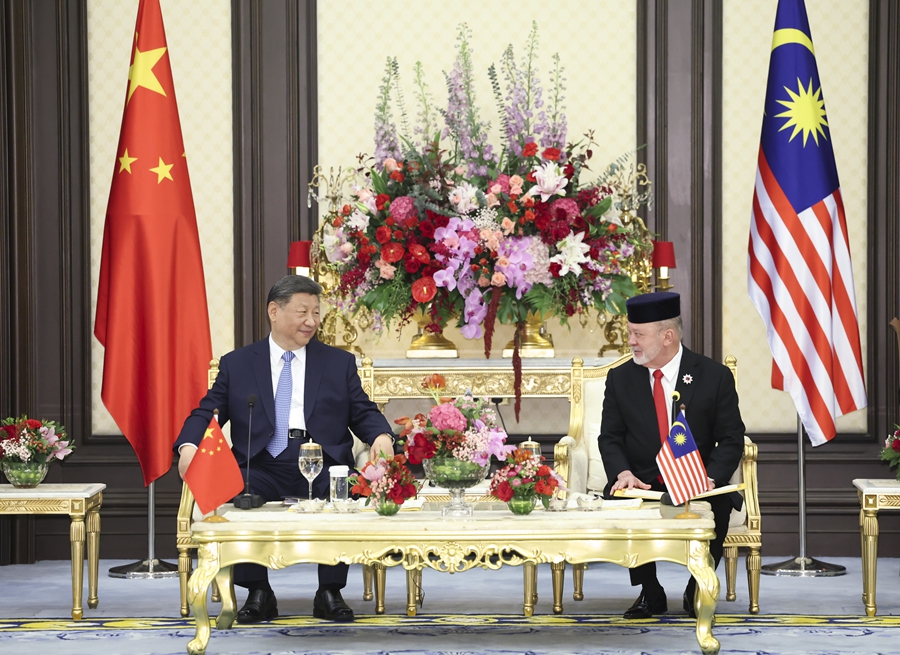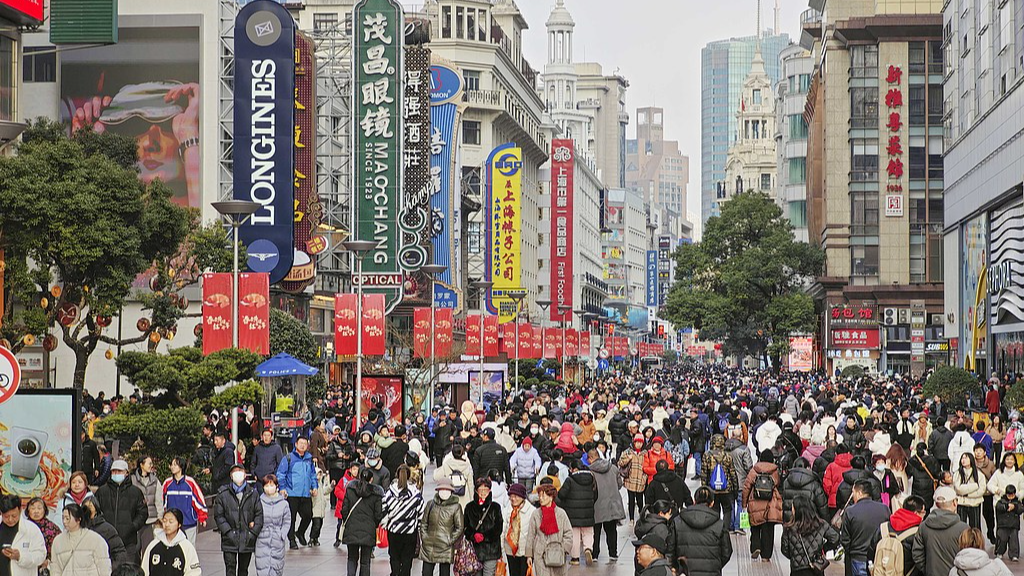The European Union’s decision to raise tariffs on electric vehicles made in China to an unprecedented 45.3% has caused turmoil in international markets.
An action that started a long time ago…
In October 2023, the European Commission launched an “extensive investigation” into subsidies benefiting electric vehicles made in China. This investigation became more visible in July 2024, when the Commission announced temporary tariffs on Chinese electric cars, which ranged from 17.4% to 37.6%. On October 4, 2024, European Union member states voted to approve final tariffs, ranging from 17% to 35.3%, on electric car imports from China over five years.
A measure for fair competition or a political-protectionist action?
The European Commission has introduced the tariff on Chinese electric cars to protect the European industry and ensure fair competition. Still, many international analysts argue that the decision has more political than economic motives. Unlike previous EU trade investigations, which were often prompted by complaints from European companies, this investigation was not initiated by the European car industry but by political pressure from several member states, mainly France.
The context of 2024
The measures come in a tense context as thousands of German industrial workers, including those at car companies, are on strike for higher wages. At the same time, Volkswagen may soon announce closing factories in Germany for the first time in its 87-year-old history. Some manufacturers may be able to afford the fees, at least partly. During the first nine months of 2024, China’s electric vehicle exports to the EU fell 7% compared to last year. Still, they rose by more than a third in August and September before the tariffs were set, according to China Passenger Vehicle Association data.
Impact on prices and consumer access
An immediate consequence of the tariffs will be higher prices for European consumers. Manufacturers will need to pass these costs on to consumers, resulting in higher electric vehicle prices. This will limit access for low- and middle-income people who face difficulty purchasing an electric car.
EU-China relations in their entirety
Relations between the European Union and China are complex and often tense, and the imposition of tariffs on electric vehicles has highlighted this complexity. However, both sides have a common interest in addressing the challenges of climate change and have made efforts to improve clean energy infrastructure. However, the tariffs imposed by the EU risk damaging any kind of cooperation in the future. This situation creates unnecessary tensions between the two major economic powers, threatening their trade relations. Imposing protectionist tariffs does not serve the global clean energy supply chain’s stability and is against the green transition’s common interests.
See more in our Albanian language session.
©AIGS

